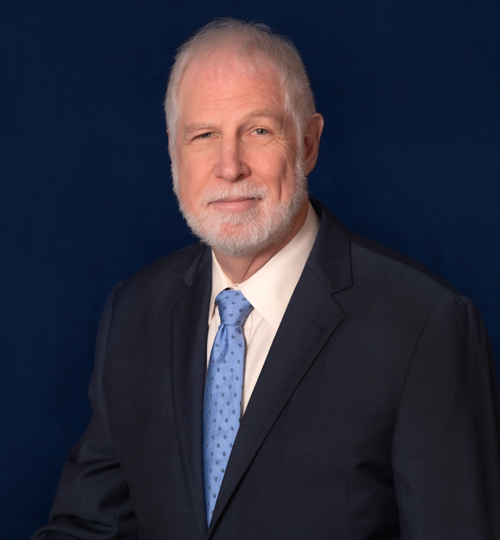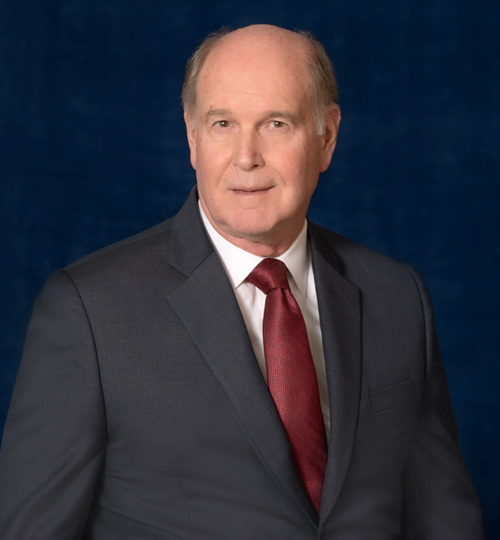HUMAN TRAFFICKING, ABUSE, AND COERCIVE CONTROL
REPRESENTATIVE HUMAN TRAFFICKING, ABUSE, AND COERCIVE CONTROL MATTERS
SCORES OF NXIVM
VICTIMS SUE
FORMER LEADERS
FOR HUMAN
TRAFFICKING

EDMONDSON, ET AL., V RANIERE In Edmondson, Kohn Swift represents 80 former members of the infamous NXIVM organization seeking to hold its founder, his inner circle, and others associated with NXIVM liable for violating myriad federal and state laws, including the Racketeer Influenced and Corrupt Organizations Act and laws prohibiting conduct such as human trafficking, sex trafficking and forced labor.
FIGHTING
FOR HUMAN
TRAFFICKING
VICTIMS

U.S. V. KEITH RANIERE, et al. Kohn Swift represents witnesses in the federal human trafficking criminal investigation and trial of the leader of the NXIVM cult.

HUMAN TRAFFICKING
U.S. law defines human trafficking as the use of force, fraud, or coercion to compel a person into commercial sex acts or labor or services against his or her will. Inducing a minor into commercial sex is considered human trafficking regardless of the presence of force, fraud, or coercion. Human trafficking occurs in different forms, including sex trafficking and forced labor. Traffickers use many tactics to control victims including physical and emotional abuse, threats, isolation from friends and family, and economic abuse.
SEX TRAFFICKING
Sex trafficking is the recruitment, harboring, transportation, provision, obtaining, patronizing, or soliciting of a person for the purposes of a commercial sex act, in which the commercial sex act is induced by force, fraud, or coercion, or in which the person induced to perform such an act has not attained 18 years of age (22 USC § 7102).
Sex trafficking has been found in a wide variety of venues within the sex industry, including residential brothels, escort services, fake massage businesses, strip clubs, and street prostitution.
LABOR TRAFFICKING
Labor trafficking is the recruitment, harboring, transportation, provision, or obtaining of a person for labor or services, through the use of force, fraud, or coercion for the purposes of subjection to involuntary servitude, peonage, debt bondage, or slavery (22 USC § 7102).
Labor trafficking has been found in diverse settings including domestic work, small businesses, large farms, and factories.
COERCIVE CONTROL
Coercive control or coercion is the act of manipulating an individual or group to act against their best interests, using violence, threats, intimidation, or psychological techniques. It is usually a gradual process over a period of time in which peoples’ behaviors change, often beyond recognition.

HUMAN TRAFFICKING AND COERCION LAWS
The Trafficking Victims Protection Reauthorization Act (TVPRA) gives victims in the United States the right to sue traffickers. It also allows victims to sue “whoever knowingly benefits, financially or by receiving anything of value” from the trafficking crimes committed against them. Traffickers and the trafficking enablers who helped and supported them can be sued in U.S. federal courts even if they do not live in the United States.





